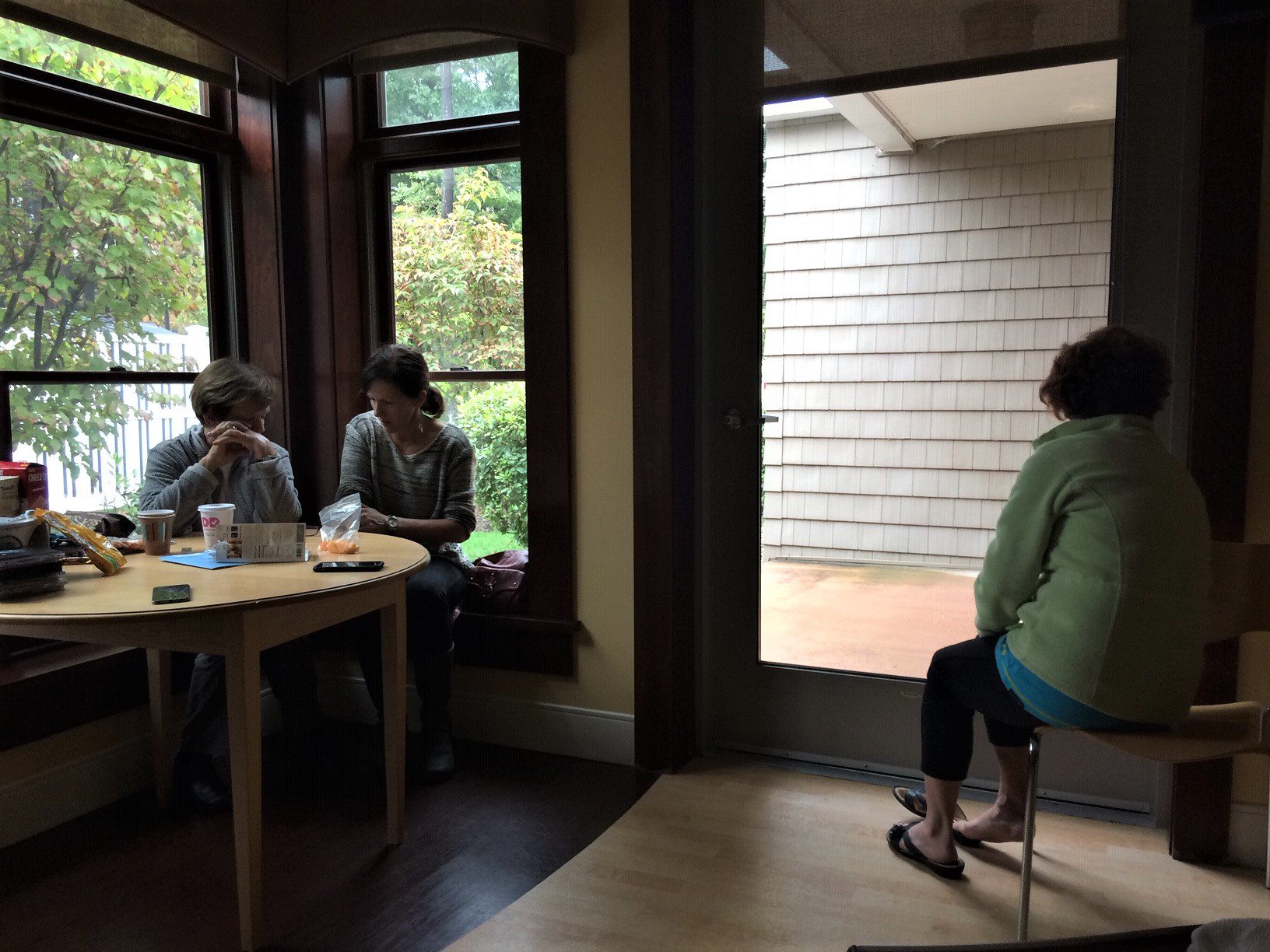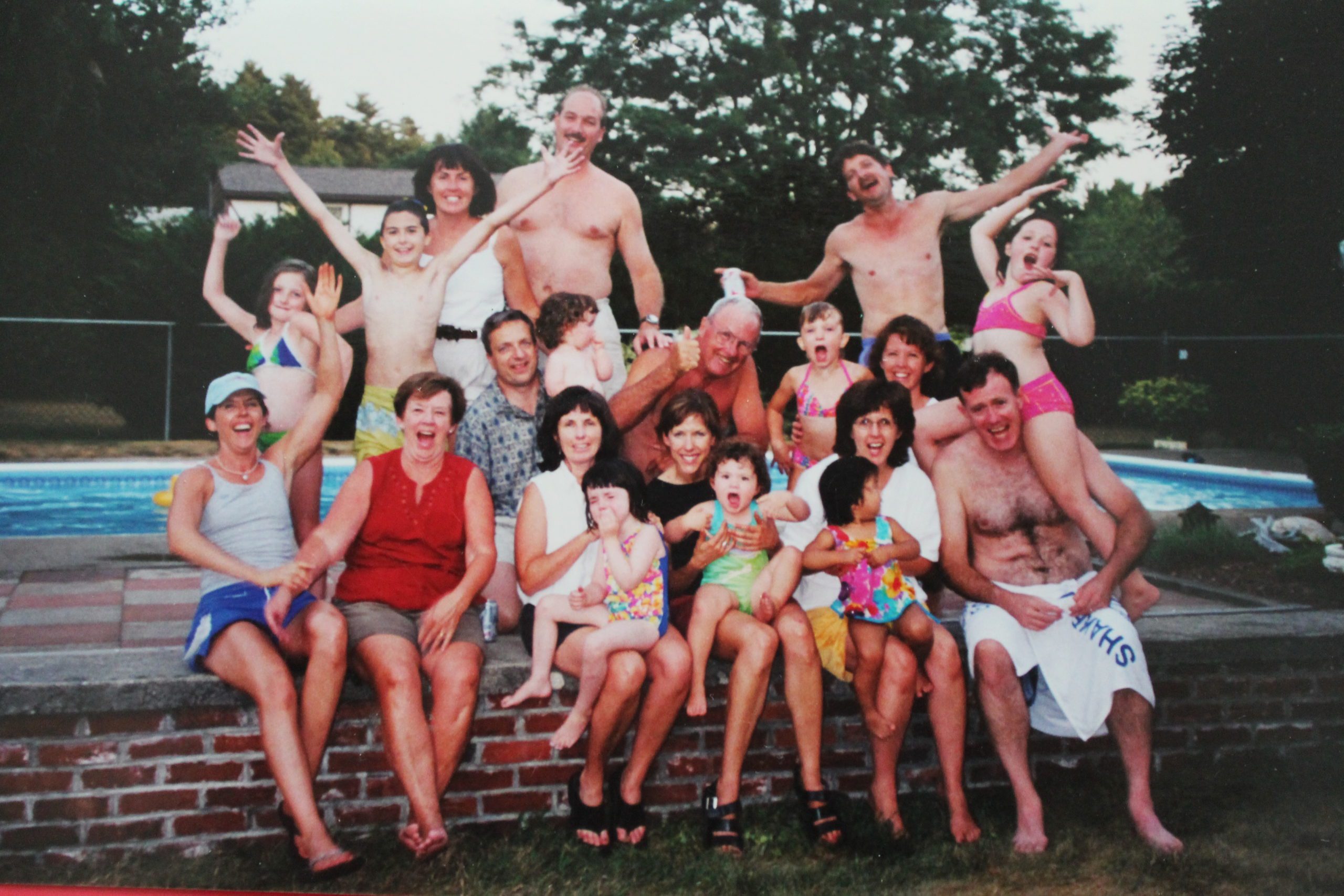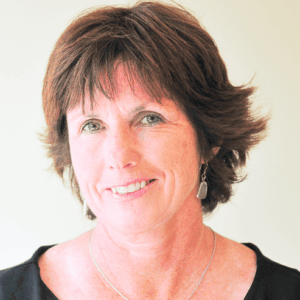I held my father’s hand.
It was cool to the touch and growing colder. Blue and purple patches mottled his skin. His eyes were closed and he drew shallow breaths.
My father was dying.
On a warm September afternoon, I rode with my father in an ambulance to the hospice house. Paramedics wheeled Dad into a quiet room with windows that opened to lush green trees. Here in Room #6, my father would spend his final five days.
My five sisters, mother, dad’s brother and I would spend every minute with him.
We took turns sleeping in the pull-out sofa and the recliner by his bed. We told Dad stories and shared treasured memories. We played his beloved Sinatra songs, and held his hand during every waking moment, whispering often in his ear, telling him, “We love you,” as tears slid down our cheeks.
Those precious and painful moments overwhelmed me as I interviewed families who lost a father, mother or husband during the ongoing pandemic. Due to COVID-19 restrictions, they were locked out of hospital and nursing home rooms where their loved ones lay dying.
I could not help but think of my father. What if I had been barred from his room, unable to say goodbye, unable to assuage the fear in his soft brown eyes, unable to repeatedly tell him, “I love you Dad.”
It was unimaginable.

An old journalism adage says that a reporter must remain unbiased, put their feelings aside when writing news stories. It is easy to be objective when writing about reports, politicians, events. But objectivity is elusive when you are writing about a 7-year-old boy with cancer, a teenager who killed himself, a 13-year-old girl whose life was cut short by a random bullet.
Reporters, like the rest of the human population, are products of our experiences, triumphs, tragedies. During my 35 years as a journalist, I have cried many times while reporting on tragedies, sudden deaths and horrific accidents.
Some stories are harder than others. This story, stories of families locked out of their loved ones’ dying rooms, broke me.
RELATED The Last Responders: Consoling the dying and grieving in the COVID-19 era
Tears slid down my cheeks and my voice cracked as I asked families about how they had to Zoom or FaceTime a final goodbye to their loved ones. I shared memories with them about my dad’s final days, explaining that his death in hospice was the catalyst for this story.
My dad was my hero. Despite being twice abandoned by his father, he often told my sisters and me, “There’s nothing more important than family.” He cherished our frequent gatherings, birthdays and holidays. Nothing made him happier than to have his wife, daughters, sons-in-laws, grandchildren and brother by his side.

During the last six months of his life, Dad was hospitalized several times and placed in a rehabilitation center to stave off infections, pneumonia and complications from his prostate cancer. He valiantly fought his illness with chemotherapy, drugs and debilitating doses of Radium 223.
A fighter who shied away from sympathy, Dad never talked about dying. He woke his first night in hospice at 3 a.m., fearful, anxious. He asked the nurse, “What is going on? Am I dying?”
The next morning I vowed that my father would not spend one more second alone. My sisters, my mother and I camped out in his room. Dad was alert for the next 24 hours. On a Saturday morning, he suffered a stroke that left him unable to speak. He muttered unintelligible words. His eyes mirrored his fear and frustration.
We held his hand and comforted him with memories of our childhoods, our favorite Christmas holidays, the raucous poolside birthday parties, the moments when Dad encouraged us through rough times. “It’s just a bump in the road,” he’d tell us, yet privately worrying himself, losing sleep over our troubles.
Sometime Saturday night, my father’s eyes closed for the last time. “He can still hear you,” the nurses told us.
And so we continued to play Sinatra, tell stories, and whisper over and over: ‘We love you.’ My mother pleaded for a sign that he could hear us. “Kiss me on the cheek,” she told him. Dad puckered his lips and gave his wife of nearly 60 years a final symbol of his love.
As my father’s hand grew colder, we prayed that Uncle Bill, my dad’s only sibling, would soon arrive. Late Sunday afternoon, his Michigan plane landed. For the next 44 hours, my uncle stood, sat or slept by his older brother’s bed. He held my father’s hand and tearfully recounted childhood memories.
During my interviews, I learned about a daughter who flew from Seattle to Maine, hoping for one last visit with her dad, who battled cancer and COVID-19. When she arrived at the hospital, the doors were locked. She sat in the parking lot stunned, robbed of a final goodbye.
I cannot imagine her heartache.
Many families must also suspend their grief, postpone wakes and funerals. The support and love of friends, neighbors and relatives cannot be shared. No hugs, no embraces to bolster their spirits.
On a rainy October evening, hundreds came to say goodbye to my father and comfort my grieving family. Dad’s beloved hometown basketball team showed up in uniform to pay respects to the high school’s oldest and most dedicated fan. Three Navy officers saluted Dad at his grave, thanking him for his service during the Korean War. These tributes will be forever remembered, forever cherished.
I do not know how long the coronavirus will torment dying patients and their grieving loved ones. But I do know, I will not soon forget these families and their stories. Tears will still fall when I think of how they were denied those final precious moments.







